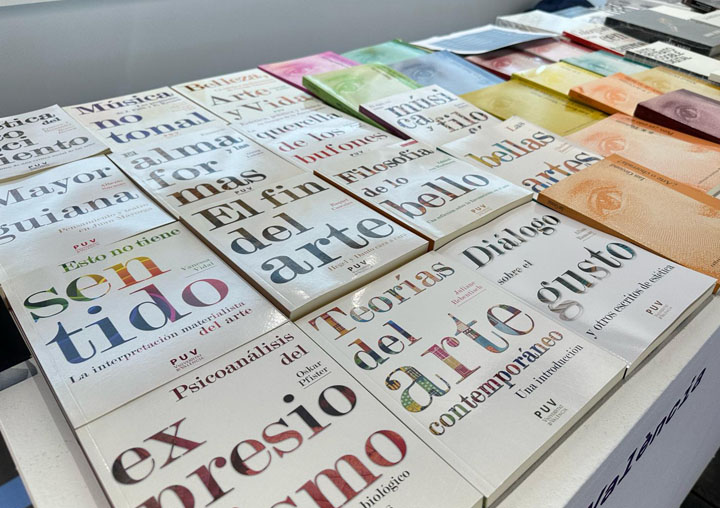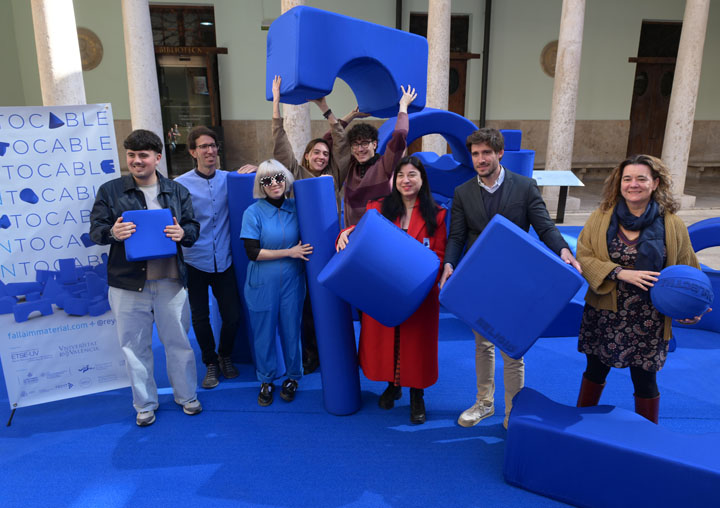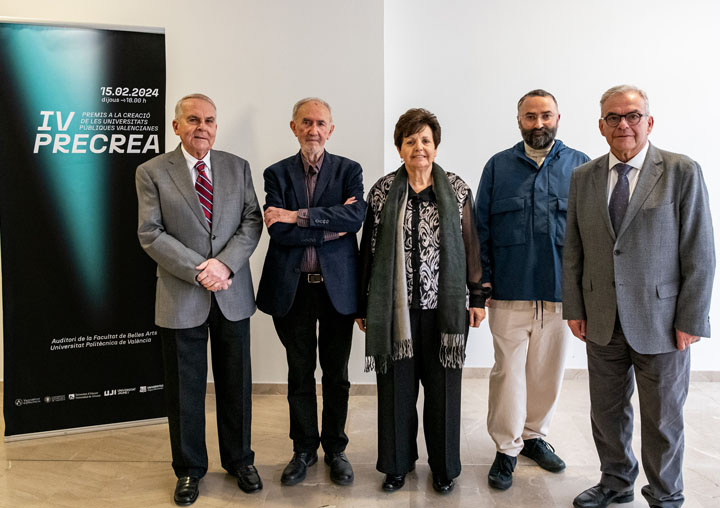The University presents a documentary on the parallelism between the refugees of the Spanish Civil War – dictatorship and those of the present day.
- Office of the Vice-Principal for Culture and Society
- April 20th, 2021
.jpg)
The Democratic History and Memory Club of the University of Valencia premieres the documentary ‘Encontres d’exili II’ (Meetings of Exile II), produced by CEAR-PV and the audio-visual collective Miradas. The act will take place on 21 April at 6 pm in the Aula Magna, at La Nau Cultural Centre of the University of Valencia.
Participants will be Rosa Pérez, Councillor for Participation, Transparency, Cooperation and Democratic Quality of the Generalitat; Jaume Durà, co-director of the documentary and legal and advocacy coordinator of CEAR-PV; Javier Navarro, head of the Democratic History and Memory Club of the University of Valencia, and the co-directors and main characters of the film. Tickets are sold out.
Meetings of Exile II is a documentary about and with exiled, refugee and repressed people of yesterday and today. Directed by Adrián Caballero, Jaume Durà, José Gayà and Jorge Ramos, it features elderly people who suffered repression and exile due to Franco’s victory (such as Tina, Carmen Cuesta’s daughter –‘the 14th rose’ of the 13 Roses- and anti-Franco militant who was repressed during the dictatorship’s last stage; Carme, who had to migrate to France during the Francoism; Àngela, daughter of migrants in Algeria, and Josefina, who lived through several exiles in different European and American countries after being forced to leave Franco’s Spain. It also features younger people who have recently experienced similar situations on three continents (such as Alba Teresa, who escaped paramilitary repression in Colombia; Mem, with a similar situation as a Kurd in Rojava, part of Kurdistan in Syria; Fatma, Sahrawi refugee; Sainabou, who had to escape female genital mutilation and forced marriage in Gambia; Conan, who fled war in Ivory Coast and embarked on a dinghy; or Elisama and Michelle, who had to leave Bolsonaro’s Brasil because of their LGTBI identity). In the documentary, many of these people exchange very symbolic conversations and they realise how the war, exile and dictatorship they experienced here is the present of many other territories of people who now have to take refuge in the Valencian Country.
According to those in charge of this project, ‘the aim is to put in dialogue and contribute to the (re)knowledge of all these people and phenomena, because it is key to fostering a culture of peace, solidarity, Human Rights, truth, justice and reparation’. Meetings of Exile II is part of a wider project on the website https://encontresdexili.org/, where you can find the documentary’s first part, all full interviews, an interactive map of exile, biographies of exiled women and other educational materials.
















